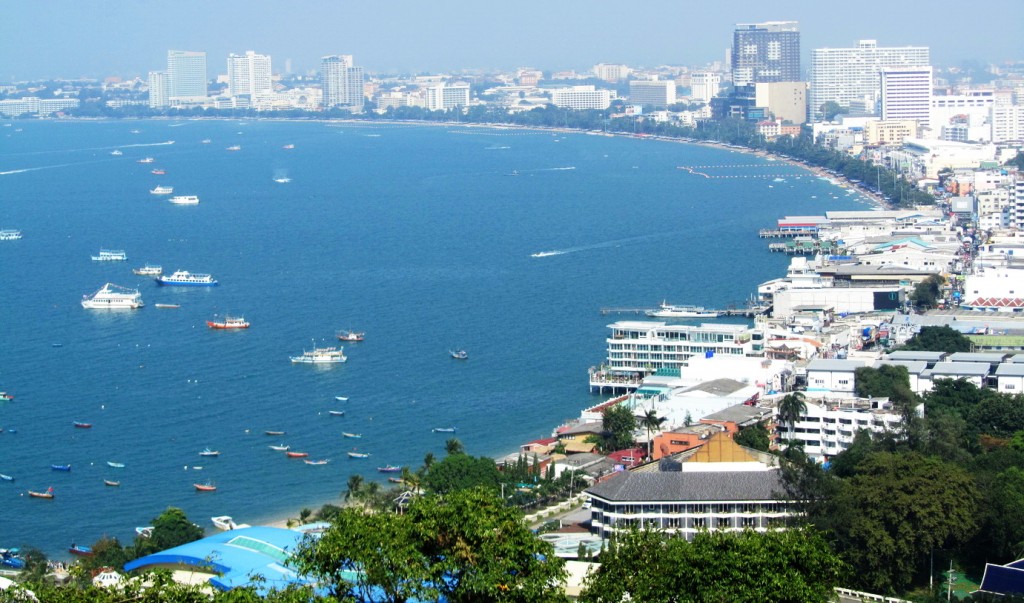Obtaining permanent residency can be quite challenging. It would entirely involve submission of the application at the Immigration office and ministry of Foreign affairs. Applicants have to wait for a minimum of 2 years or more before they can obtain their residence permit. But this would take a lot of time.
This is one step closer to acquiring Thai citizenship. However, there are several ways that can expedite the whole process of residence permit issuance.
Guide to obtaining permanent residency in Thailand
Step 1: Seek professional help from immigration lawyers – When looking for an immigration lawyer; try to look for those who are already veterans in this field. These legal professionals can provide a preview about the strength of one’s application. There are instances wherein they require their clients to produce additional documents to further strengthen their application. Most of the time, such piece of advice cannot be rendered by other sources of information such as books and the internet.
Step 2: Go to the Immigration Bureau and make an inquiry – The Immigration Bureau is the agency involved in releasing residence permits. In some cases, they may ask the applicants to submit other documents. Under this context, being proactive also plays an important role for it lessens the possible loopholes that could be ignored by the applicant.
Step 3: Gather and prepare the requirements – Numerous paper work to prepare and such personal tax statements for the last three years are not that accessible mainly because it contains confidential information. Evidently, this may consume a lot of time. It is highly recommended to process such document first.
Step 4: Meet the financial requirement – Even if all the documentary requirements are satisfied, but if the applicant cannot meet the financial conditions, still, permanent residency cannot be attained. It is important to note that one of the key factors that contribute to the application’s success is the completion of both the documentary and financial requirements.
Step 5: Pay the appropriate fees – Evidently, applications cannot be processed if its corresponding charges are not addressed.
Step 6: Always double-check – Rejection and denials are the bitter offshoots of overconfidence. Double-checking should not be solely performed by the immigration lawyer, if there is any. Such is the responsibility of both the attorney and the applicant.
Step 7: Lodge the application and wait for the residency permit issuance – Since Thailand has a threshold with regard to the number of applicant that can obtain permanent residency; early applications have higher chances of being approved.
If you need more assistance then speak to a Thai immigration attorney about the process as it needs to be early in the year. The Thai government has a cut-off date at the end of each year and it is based on the number of applicants and also the nationality of the applicants. If you are married to a Thai then also ensure that you have all the documentation for this as well.

